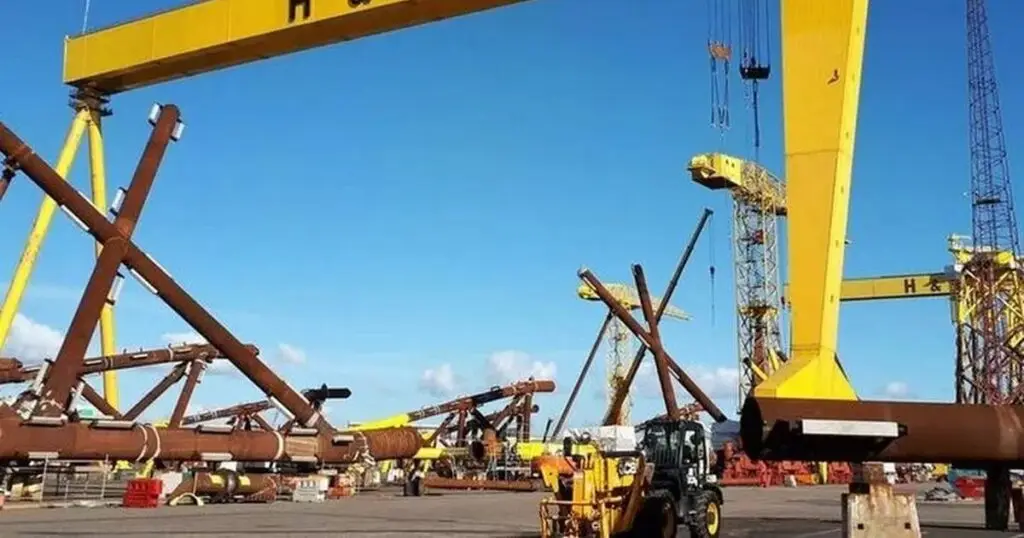Famous shipbuilder Harland and Wolff, known for constructing the Titanic, has once again entered administration and announced job cuts as it grapples with insolvency for the second time in five years.
While the 162-year-old holding company faces administration, its subsidiaries, including the renowned Belfast shipyard, will continue operations under directorial control. The parent company, which currently has a workforce of 66, is poised to see job cuts. Company officials disclosed in a market statement, “The administrators will unfortunately be required to reduce the headcount upon appointment.” A number of employees will be retained to provide certain required services to the operational companies under a transitional services agreement with the administrators.
Harland & Wolff had previously indicated that administration was imminent after enduring months saddled with significant debt. Efforts to stave off collapse have been ongoing, including attempts to secure government support. However, a critical £200m loan guarantee request was turned down by the Labour government in July.
In a recent market update, the AIM-listed parent company announced it had appointed Teneo to manage the insolvency proceedings. The firm’s subsidiaries across Northern Ireland, Scotland, and England remain outside the scope of the insolvency process. Rothschild & Co, the investment bank, was enlisted in July “to assess strategic options for the Company and its subsidiaries.” The firm stated that this process “remains ongoing and further updates will be made as appropriate.” However, it reaffirmed that the strategic review will not result in any returns to shareholders of the parent company.
Following the appointment of administrators, the company also announced the resignation of Cavendish Capital Markets Limited as nominated adviser and joint broker. Earlier in September, Harland & Wolff’s shareholders accused the shipyard and both major political parties of misleading investors about its financial future. The company saw a departure of senior executives leading up to the collapse, including its CEO in July and finance chief earlier this month. Chairman Malcolm Groat stepped down in August, and two other non-executive directors resigned.
Harland and Wolff operates four shipyards—one in Belfast, two in Scotland, and one at Appledore in North Devon.
The venerable shipbuilder Harland and Wolff faces an uncertain future as it enters administration once more. The impact on employment within the parent company is significant, while its subsidiaries continue to operate. The situation underscores the ongoing challenges faced by the historic firm.

